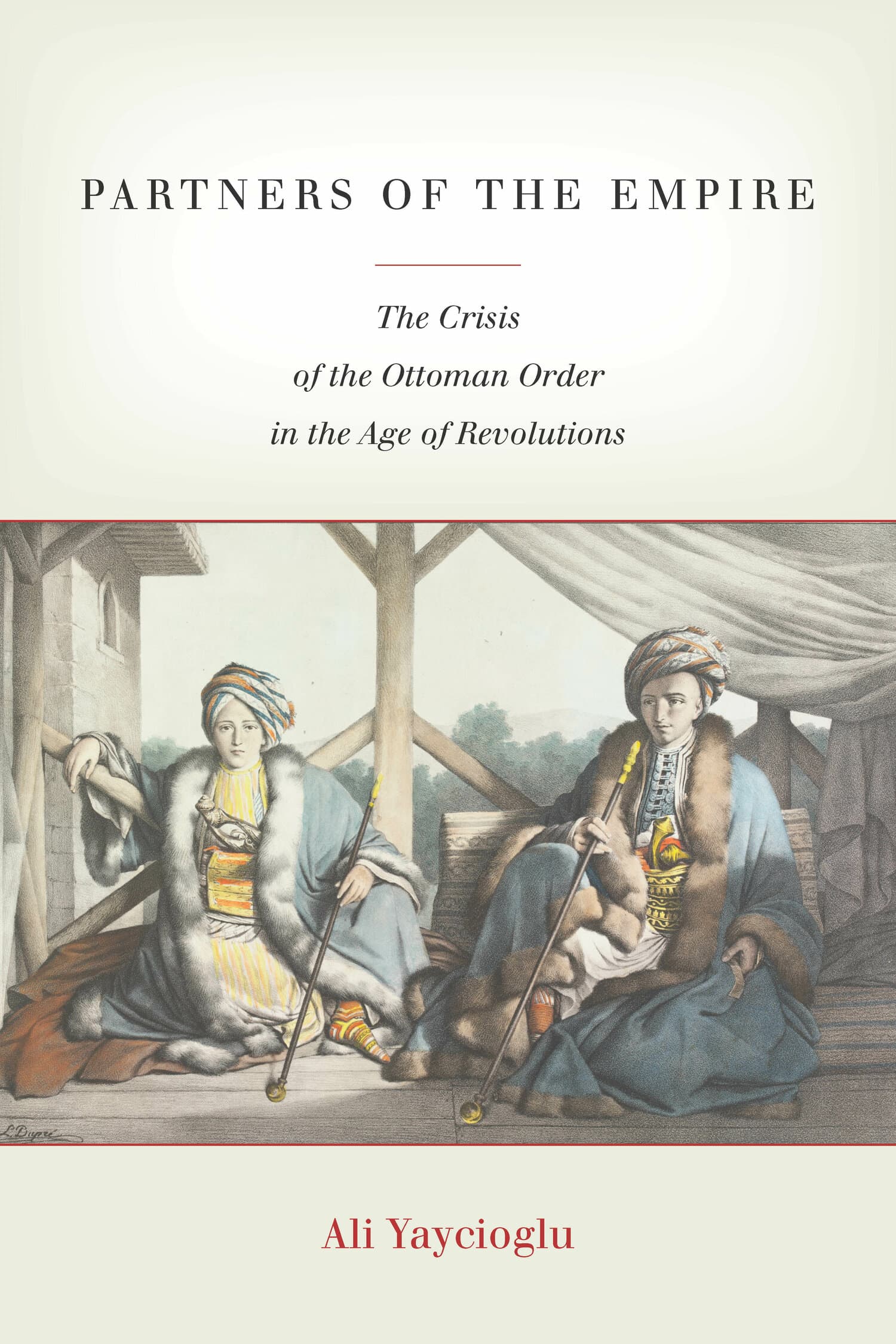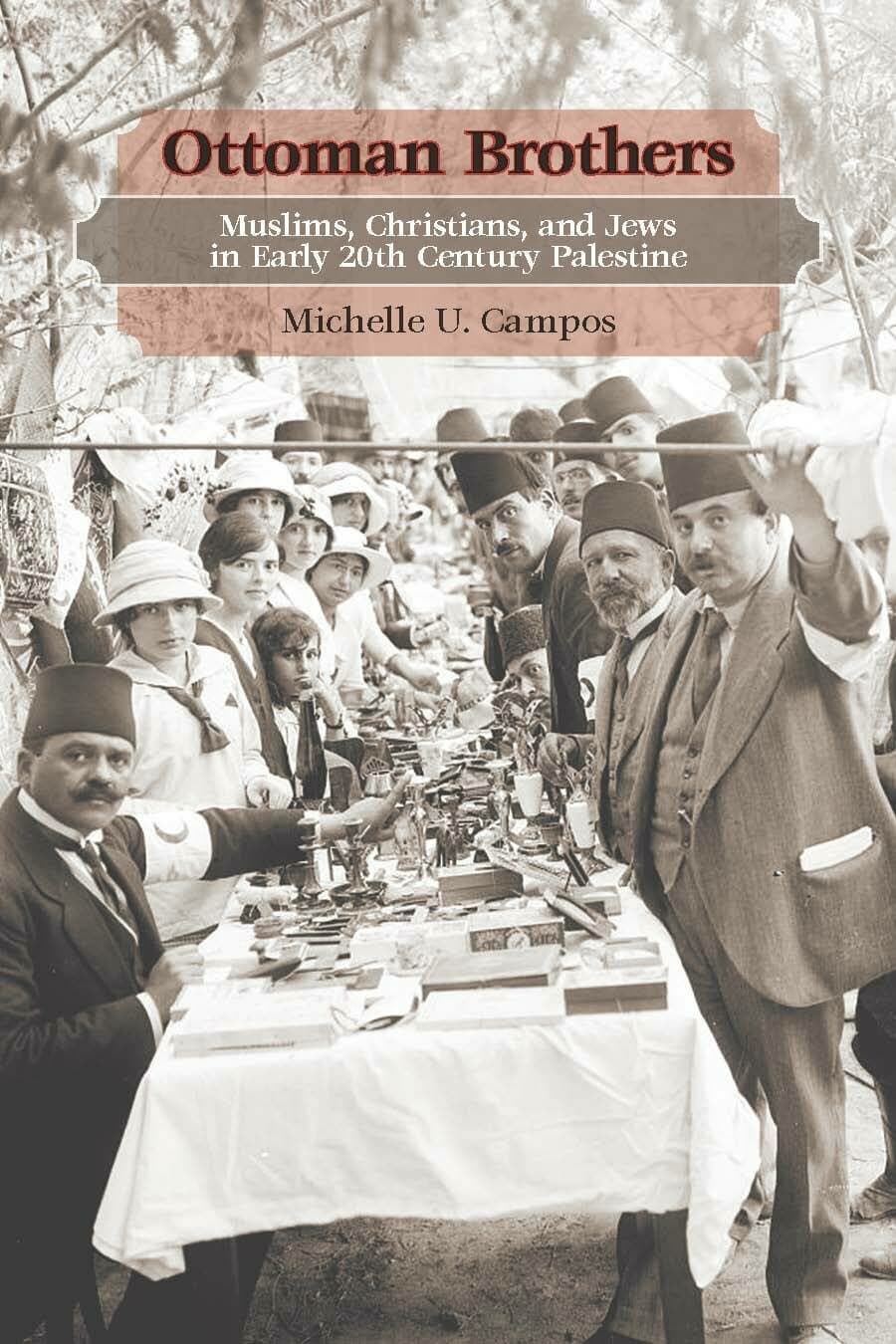The Ottoman Scramble for Africa

The Ottoman Scramble for Africa is the first book to tell the story of the Ottoman Empire's expansionist efforts during the age of high imperialism. Following key representatives of the sultan on their travels across Europe, Africa, and Arabia at the close of the nineteenth century, it takes the reader from Istanbul to Berlin, from Benghazi to Lake Chad Basin to the Hijaz, and then back to Istanbul. It turns the spotlight on the Ottoman Empire's expansionist strategies in Africa and its increasingly vulnerable African and Arabian frontiers.
Drawing on previously untapped Ottoman archival evidence, Mostafa Minawi examines how the Ottoman participation in the Conference of Berlin and involvement in an aggressive competition for colonial possessions in Africa were part of a self-reimagining of this once powerful global empire. In so doing, Minawi redefines the parameters of agency in late-nineteenth-century colonialism to include the Ottoman Empire and turns the typical framework of a European colonizer and a non-European colonized on its head. Most importantly, Minawi offers a radical revision of nineteenth-century Middle East history by providing a counternarrative to the "Sick Man of Europe" trope, challenging the idea that the Ottomans were passive observers of the great European powers' negotiations over solutions to the so-called Eastern Question.
"The Ottoman Scramble for Africa successfully demonstrates the value of a transcontinental approach to the history of empire. Mostafa Minawi has crafted a well-written and richly textured narrative that invites deeper engagement and conversations among scholars of Africa, Europe, and the Middle East."—Judith Byfield, Cornell University
"Readers of Mostafa Minawi's The Ottoman Scramble for Africa are in for a treat. What starts out as the genealogy of a powerful Damascene Arab notable family evolves into a fascinating tale of Ottoman global ambitions in Libya and central Africa in the 1890s. With an engaging story, well-grounded in a number of archives, this book is a welcome piece of the puzzle surrounding late Ottoman colonialism."—Virginia Aksan, McMaster University
"Minawi writes with passion and precision, and he has produced an accessible and thought-provoking book, having found in Azmzade an auspicious narrative hook. This is an ambitious book that casts light on hitherto unknown aspects of Ottoman history, the view from the perspective of the empire's outlying regions at the turn to the twentieth century."—Hasan Kayali, American Historical Review
"The Ottoman Scramble for Africa is a fascinating analysis of the diplomatic endeavours of Istanbul at the end of the nineteenth century in Africa and Arabia. Scholars interested in the imperial borderlands in Africa and the Middle East need to read it and will benefit from its invaluable trans-imperial approach."—Vincent Hiribarren, Journal of Islamic Studies
"Mostafa Minawi's book makes a major contribution to discourses about late nineteenth- century non-European colonialism in general and Ottoman colonialism in Africa in particular. Drawing upon a wide range of theoretical paradigms and using historical sources in Near Eastern and European languages, Minawi has written an impressive work...The book will attract the interest of specialists of the Ottoman Empire and European imperial history in Africa, as well as Africanists and general researchers of colonialism."—Avishai Ben-Dror, The Journal of African History
"Mostafa Minawi's book on Ottoman imperial presence in Africa constitutes an important intervention in the study of European colonialism. This is, indeed, an important book that greatly advances our understanding of the global implications of Europe's Scramble for Africa in the late nineteenth century. It will be of great interest to scholars of colonial Africa and the Middle East, as well to those with an interest in the global ramifications of European empire building."—Scott S. Reese, African Studies Review
"Minawi is to be commended for bringing his considerable linguistic and archival skills to work on reframing our understanding of Ottoman imperialism in the age of the Scramble. His work...provides
future scholars of the Ottomans a dynamic new framework for rethinking the meaning of empire in the nineteenth century."––Nathaniel Mathews, Journal of World History



